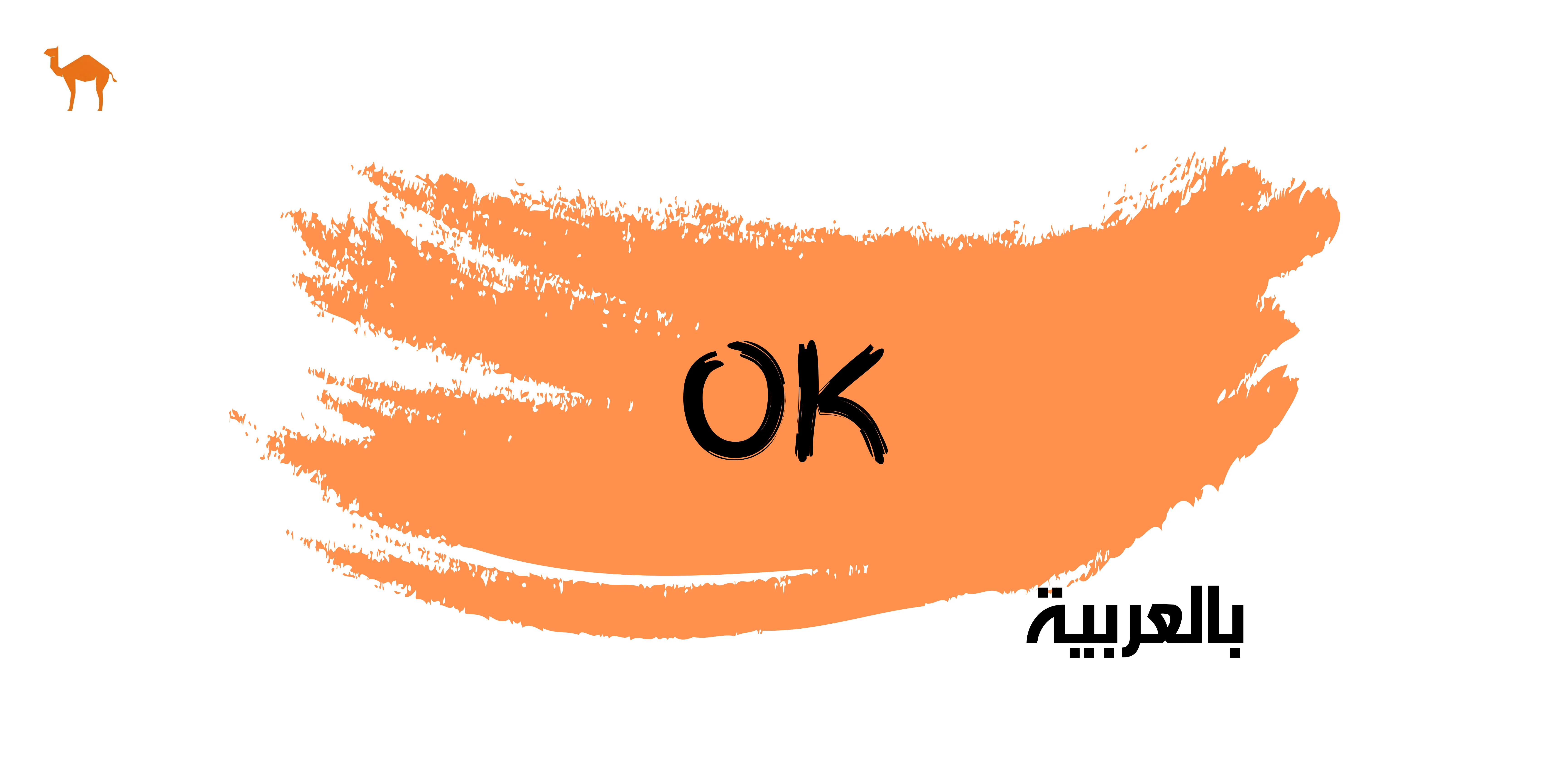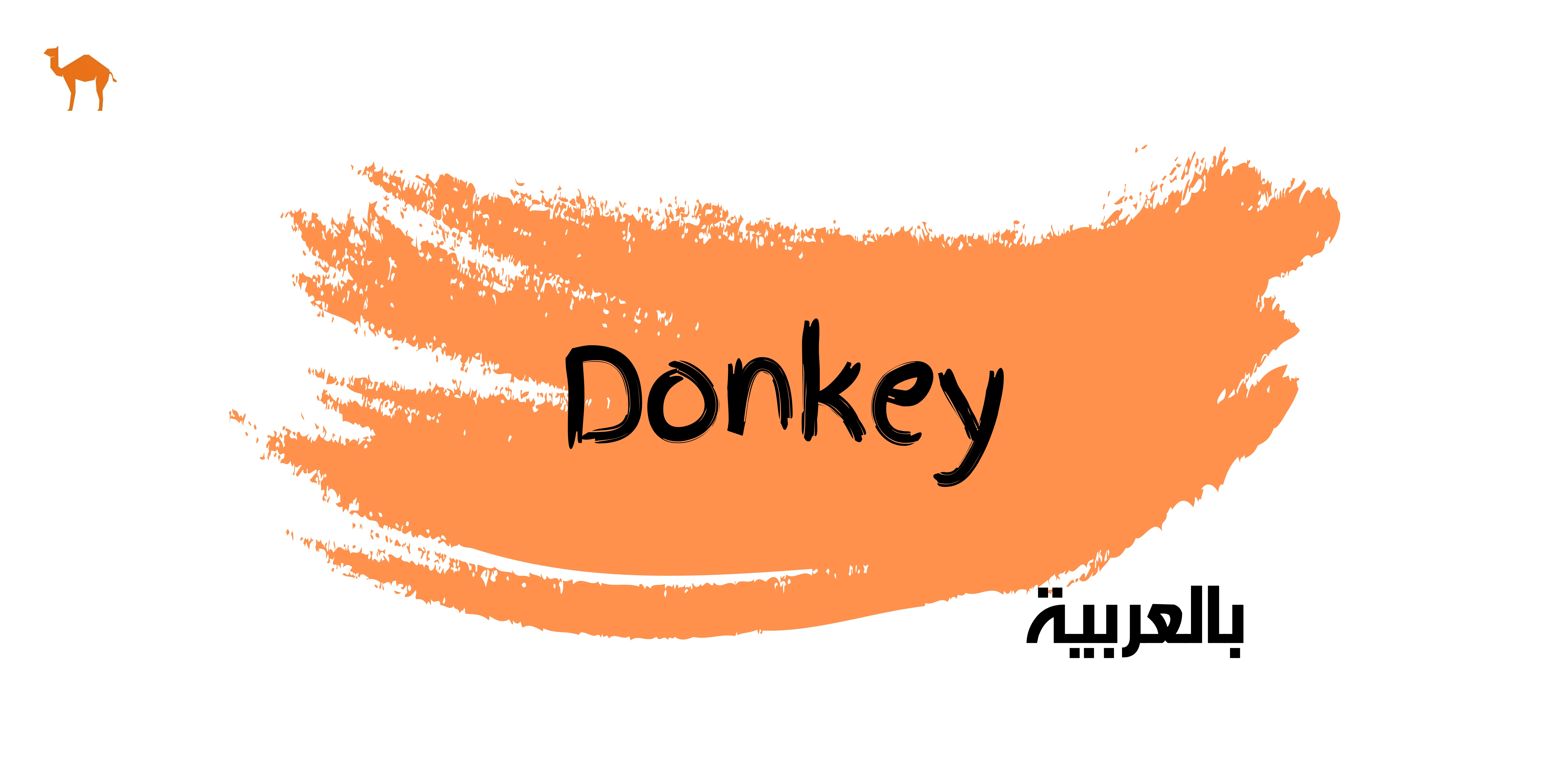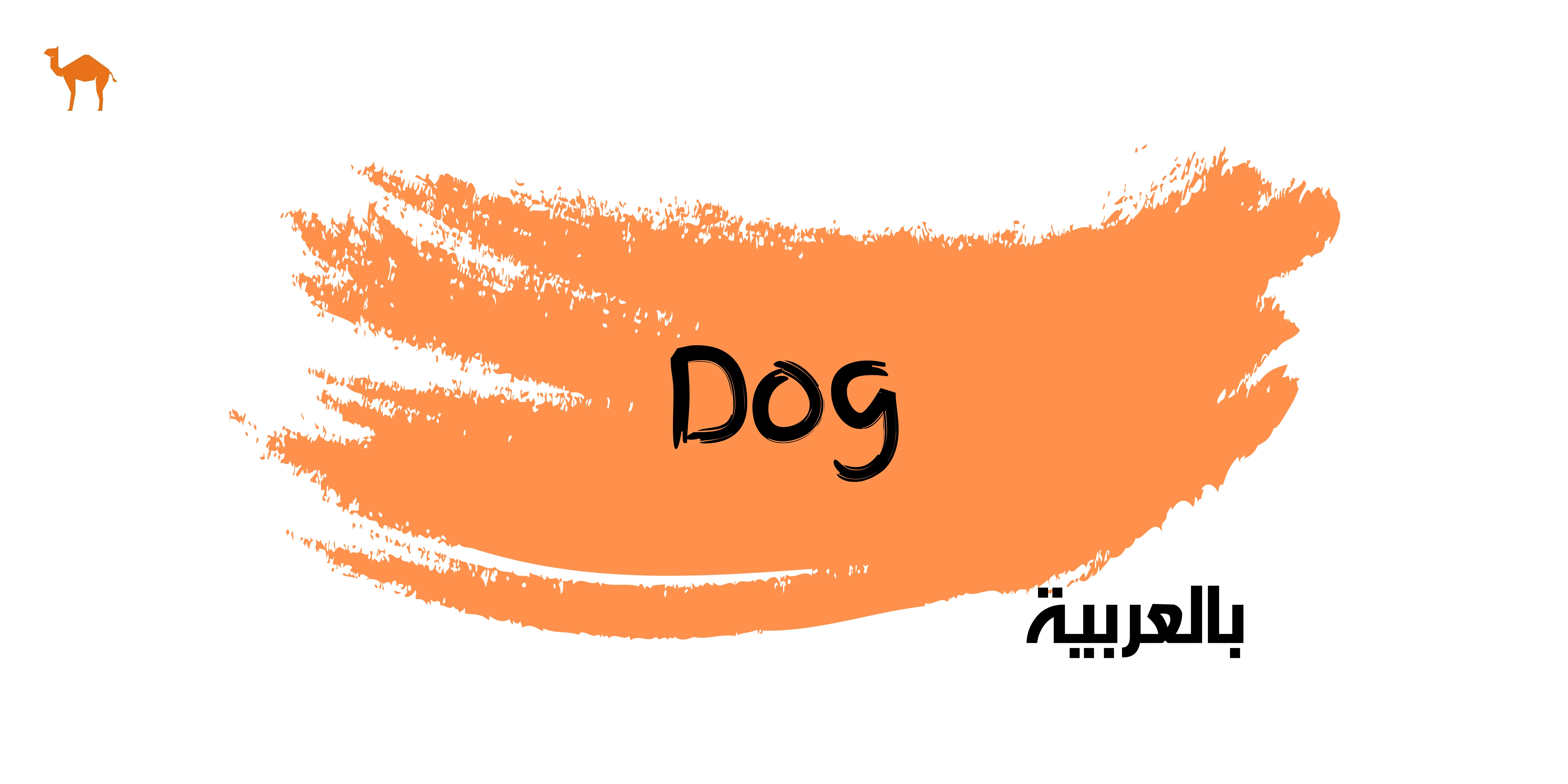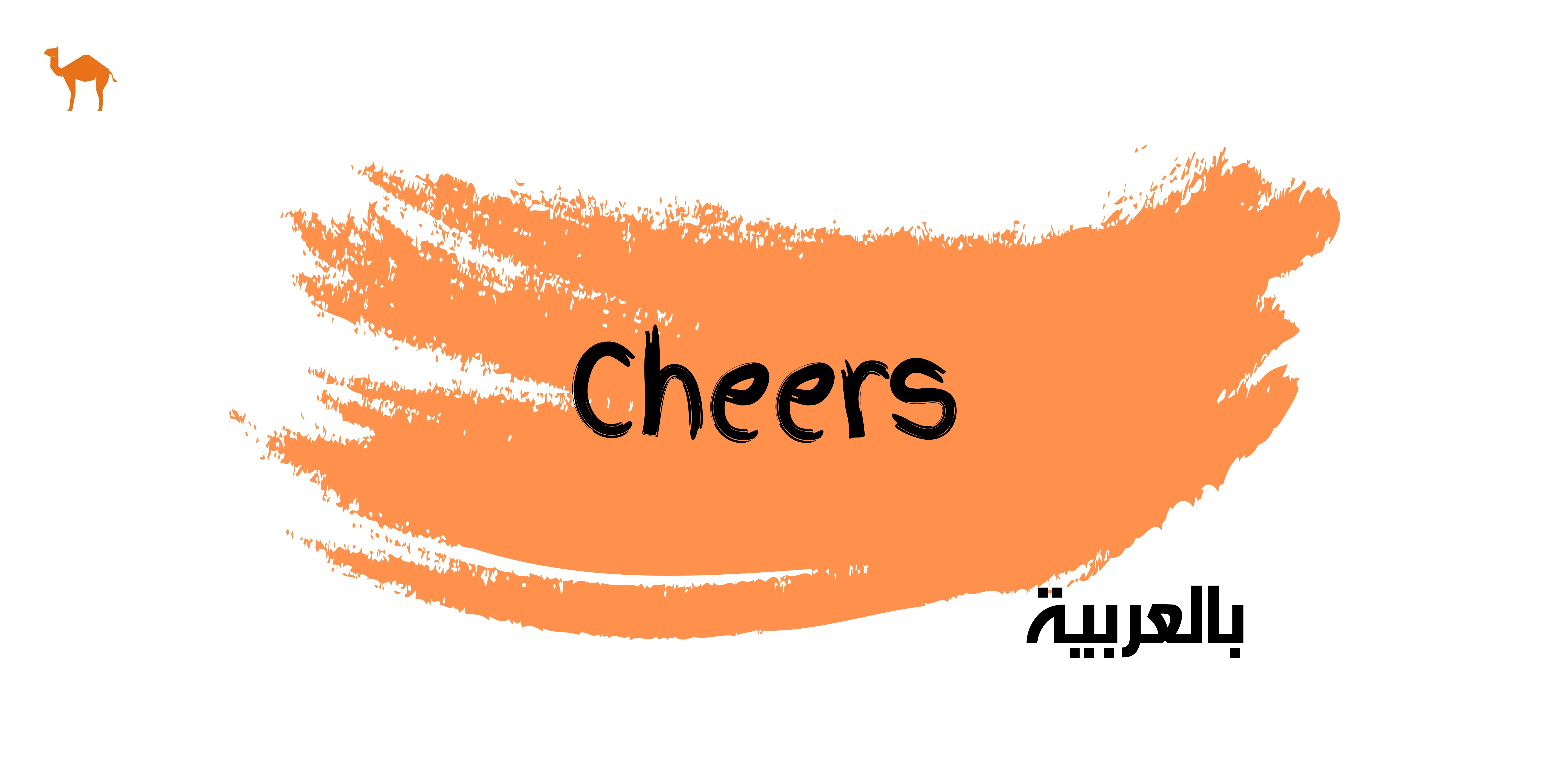How to Say 'OK' in Arabic

Like many languages, Arabic lacks a universal term equivalent to the English "OK." Instead, several common phrases convey agreement, acceptance, or understanding, each with its nuance and context. Continue reading this article to learn how to say OK in Arabic.
How to Say OK in Arabic
Here are some of the most versatile ways to say "OK" in Arabic:
- حسنًا (Hassanan)
Meaning: It is the formal equivalent to 'OK' in Arabic and is often used to express acceptance of a suggestion, a situation, or even mild resignation.
Example: "سأشرح لك الدرس مرة أخرى، حسنًا؟" (Sa'ashrah lak al-dars marrah ukhra, hassanan?) - "I will explain the lesson to you again, OK?" - تمام (Tamam)
Meaning: The word "tamam" Means "perfect," but is frequently used like "OK," "great," or "sounds good."
Example: ".هل أنهيت عملك؟ - نعم، كل شيء تمام" (Hal anhayt amalak? - Na'am, kull shay' tamam.) - "Did you finish your work? - Yes, everything is OK." - طيب (Tayeb)
Meaning: The most common and informal way to say "OK." It's suitable for everyday conversations with friends, and family, and in casual settings.
Example: ".إذا انتهيت من العمل، أخبرني. - طيب، سأفعل" (Idha intahayt min al-'amal, akhbirni. - Tayyib, sa'afa'al.) - "If you finish the work, let me know. - OK, I will." - موافق (Muwafiq)
Meaning: The word "muwafiq" means "agreed" or "I agree." Stronger than a simple "okay"; indicates consent or approval.
Example: ".هل يمكننا مناقشة هذا الأمر لاحقًا؟ - موافق" (Hal yumkinuna munaqashah hatha al-amr lahiqan? - Muwafiq.) - "Can we discuss this matter later? - OK." - ماشي (Mashi)
Meaning: Very common in Egyptian Arabic, similar to "okay" or "alright."
Example: "سأتصل بك بعد ساعة، ماشي؟" (Sa'atasal bika ba'd sa'ah, mashi?) - "I will call you in an hour, OK?" - لا بأس (La ba'as)
Meaning: "La ba'as" means "no harm" or "it's okay." Often used to downplay a minor issue or reassure someone.
Example: ".هل تريد أن نلتقي في الساعة الثانية؟ - لا بأس" (Hal turid an naltaqi fi al-sa'ah al-thaniyah? - Laa bas.) - "Do you want to meet at two o'clock? - OK, it's fine."
How to Say "OK" in Text Messages
You can say "OK" in text messages as follows:
Common text abbreviations and phrases
Classics:
“K”: It's short and sweet and gets the point across. Just pay attention to the context, as it can seem rude if overused.
“I understood”: signals understanding and is often used for emphasis.
“Cool”: conveys informal agreement and a positive atmosphere.
“Sounds good”: Perfect for confirming plans or arrangements.
“👍” (thumb emoji): Universally recognized as a sign of approval.
Add a personal touch:
“Okay, great!”: This shows enthusiasm and maintains a light tone.
“Agree with me!”: Expresses enthusiastic agreement.
“Okie dokie!”: A fun and slightly old-fashioned way to say “Okay.”
“Okay, sounds like a plan!”: Useful for confirming arrangements and showing you're on board.
“👌” (agreeing hand emoji): A more emphatic version of the thumbs-up sign, meaning you completely agree.
When you need to confirm:
“Yes! OK!”: Shows excitement and enthusiasm.
“Sure, okay!”: strong agreement.
Explore the richness of the Arabic language and culture with eArabic.io's online courses tailored for learners worldwide, whether you're a beginner or an advanced student, our comprehensive curriculum and expert instruction provide an immersive learning experience accessible from anywhere. Dive into the program in Arabic, designed to deepen your understanding and proficiency in this vital language. Book a free Arabic lesson!


